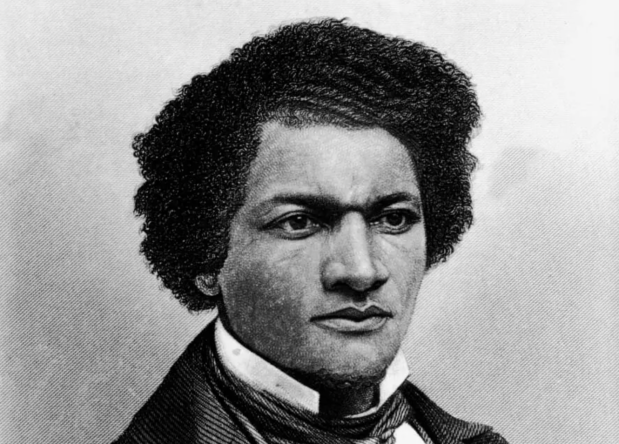Rep. Ivey introduces bill to posthumously award Congressional Gold Medal to Frederick Douglass
“There’s been high honors for Confederate generals and slave owners…but not so many honors awarded to many like Frederick Douglass,” said U.S. Rep. Glenn Ivey, D-Md.

U.S. Rep. Glenn Ivey, D-Md., has introduced a resolution that would award abolitionist Frederick Douglass with a Congressional Gold Medal for his “contributions to the cause of freedom, human rights and the abolition of slavery.”
Ivey told theGrio that Douglass “was one of the giants of the 19th century – not just in U.S. history, but around the world.”
In 1818, Douglass was born into slavery in Talbot County, Maryland. At a young age, he taught himself how to read and write, although it was illegal for slaves to do so. He went on to become an abolitionist and the first Black correspondent to have press access to the U.S. Capitol.
Douglass was also an advocate for civil rights and women’s rights, a U.S. marshal for Washington D.C. from 1877 to 1881, and served as the minister to Haiti from 1889 to 1891. He died at the age of 77 on Feb. 20, 1895.
Congressman Ivey said he spearheaded the resolution honoring Douglass because it is long overdue and it is important to “put the right people on a pedestal.”
“There have been high honors for Confederate generals and slave owners…but not so many honors awarded to many like Frederick Douglass,” he said.

On Wednesday, Ivey spoke on the House floor to introduce the “Frederick Douglass Congressional Gold Medal Act” to honor the historical figure and “celebrate his life.”
“Douglass’ message and principles remain a guiding light for our country as we continue to seek fulfillment of our nation’s promise and potential for justice and equality,” he said.
If enacted into law, the medal would be put on display at the Museum of African American History and Culture located in Washington, D.C.
Ivey said Douglass’ legacy not only left an indelible mark on the U.S. but had an impact on his life as well.
“When I was a school kid, I came across Douglass’ first autobiography, and it really opened my eyes to what was going on back then,” he shared.
“It was astonishing,” he said, that Douglass overcame tragedy and was able to make “a difference in American history.”
Terrance Bailey, Douglass’s multi-great nephew, told the Grio that his uncle’s life was inspirational to all.
“It lights a fire under you to work harder,” he said. “It encourages you to know that anything is possible, that a slave can become a U.S. marshal and a minister to Haiti during those times.”
Rep. Ivey is hopeful that the statute honoring Douglass will pass in the U.S. House of Representatives.
“This is going to have strong bipartisan support,” he predicted. “We have six Republican co-sponsors so far.”
“Unlike most of the things going on in the House these days,” he added, “we might really be able to pass it and get it done.”
Recommended Stories
Never miss a beat: Get our daily stories straight to your inbox with theGrio’s newsletter.








